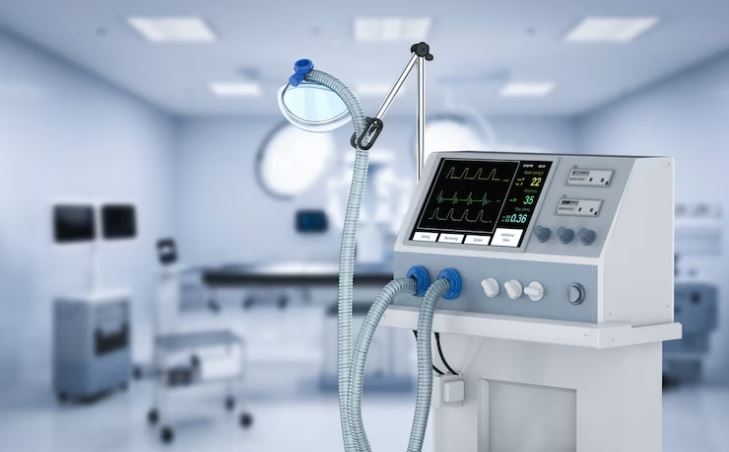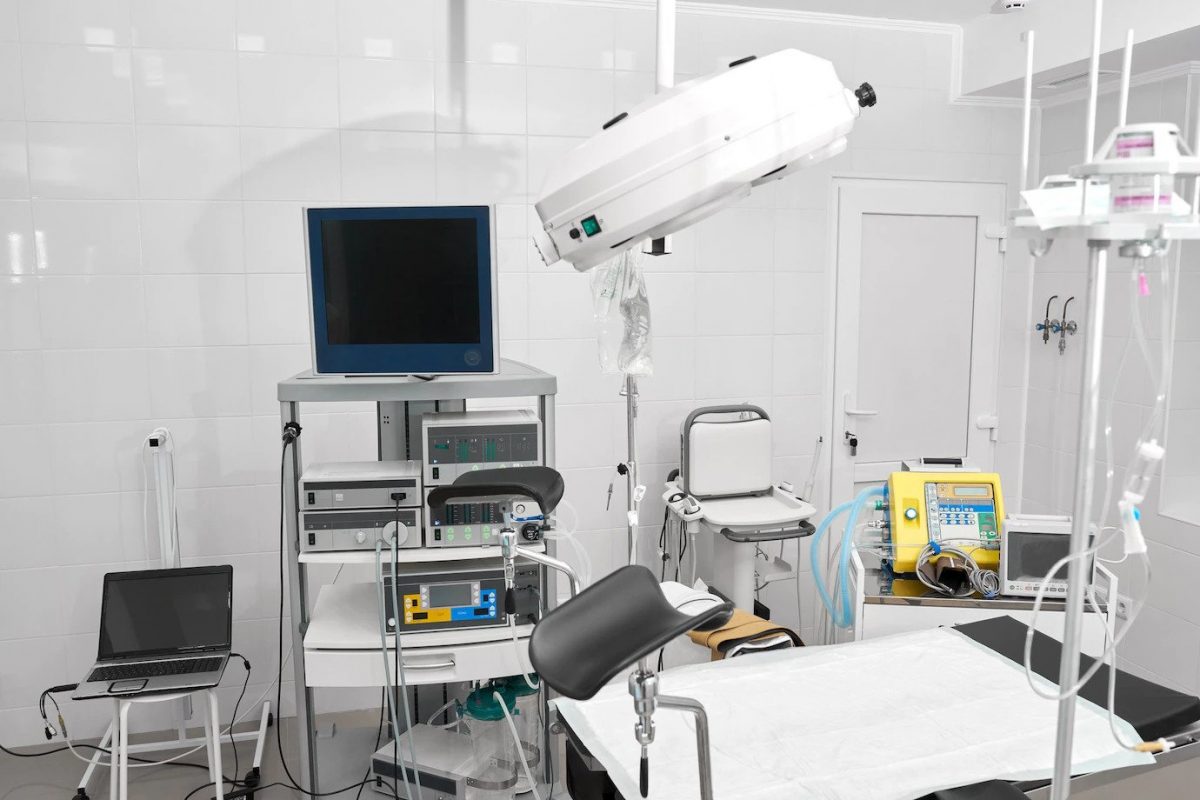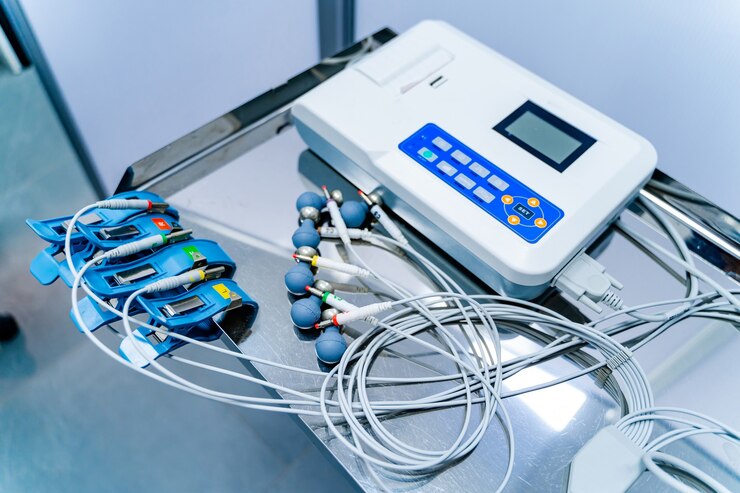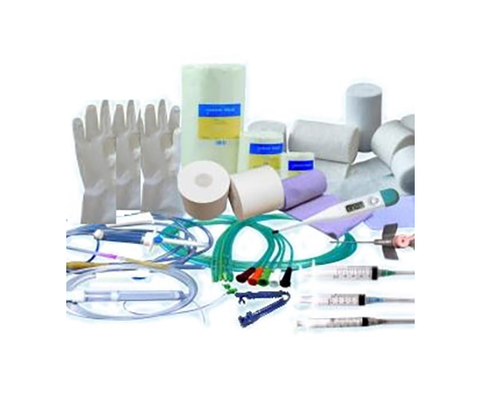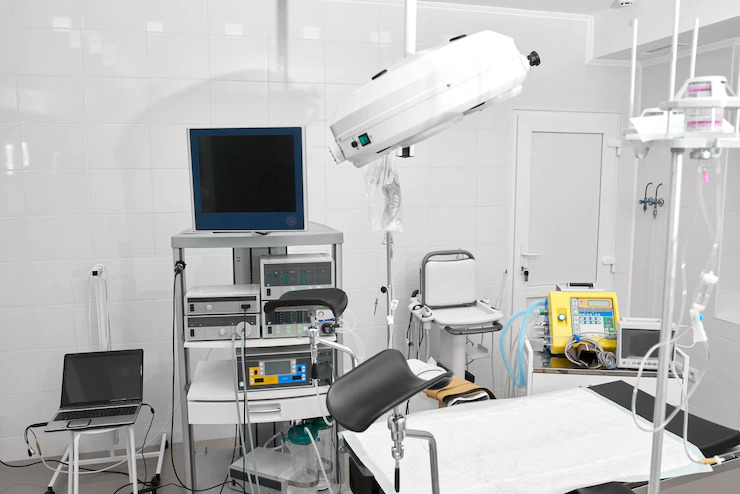Functioning of a Medical Ventilator: Everything You Should Know
A ventilator is a certain type of machine that helps your lungs function properly. If you or any of your family members face difficulties during breathing, this respirator will act as a saviour. A medical ventilator pushes the air in and out of your lungs. It enables the body to receive an adequate amount of oxygen. You need to wear a fitted mask to get oxygen from the breathing machine into your lungs.
Types of Breathing Ventilators
There are multiple types of medical respirators, as listed below:
- Critical care ventilator
- Emergency and transport ventilator
- Multipurpose respirator
When Do You Need a Ventilator?
Various types of health conditions cause difficulties in breathing. Under such circumstances, you need a ventilator support system:
- Acute Respiratory Distress Syndrome (ARDS)
- Chronic Obstructive Pulmonary Disease (COPD)
- Brain injury
- Asthma
- Pneumonia
- Stroke
How Does a Medical Ventilator Work?
Here’s an overview of how a respiratory ventilator works:
- Patient connection: Initially, the patient is connected to the machine with a breathing circuit. Usually, the linkage is created via an endotracheal tube. However, it is dependent on the type of ventilation and the patient’s condition.
- Air intake: The respirator draws air from the surroundings. The air composition can be modified as per the patients’ requirements.
- Airflow regulation: The breathing machine controls the amount of oxygen to ensure the patient receives the right amount of breaths per minute.
- Positive pressure ventilation: The artificial ventilator pushes air into the patient’s lungs at a higher pressure. It overcomes the hindrances in the respiratory system and ensures the lungs are inflated.
- Exhalation: The life support machine allows the patient to exhale by removing the air or releasing the pressure from the lungs.
- Monitoring and adjustments: Respirators come with monitors and sensors that analyse diverse parameters like the oxygen concentration, tidal volume, and patient’s respiratory rate.
How Long Do You Require to be on the Ventilator?
The period of time you will be on the ventilator depends on the reason you require assistance with breathing. If you need a ventilator support system during surgery, you will be on it when you are drowsy. The time range will be from less than an hour to several hours.
If you require a respirator for a particular health condition, you may need it for hours, days, weeks, or more. When your lungs get stronger and you can breathe properly, you don’t need the ventilator anymore.
Are you searching for high-quality medical ventilators for your clinic? If you feel so, K.R. Lynch & Co. will be your ultimate destination. We have been in this business for 100+ years and possess an excellent reputation for delivering reliable products at competitive prices.



